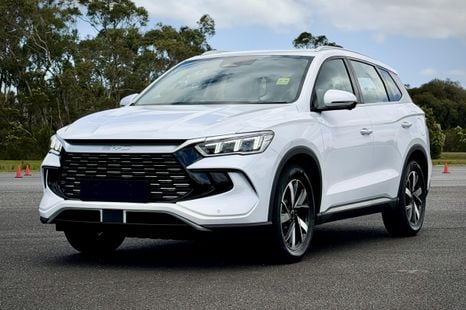

Ben Zachariah
2026 BYD Sealion 5 Essential review
3 Hours Ago

Contributor
BMW is celebrating both its one millionth electric vehicle (EV) sale and continually growing demand for its battery-powered models, as rival brands encounter weaker demand.
The BMW Group – which includes Mini and Rolls-Royce – reported its global EV sales rose by 27.9 per cent between January and March compared to the same quarter last year, with 82,700 cars sold across the three months.
This included the automotive giant’s one millionth EV since the BMW i3 entered production in September 2013, though it hasn’t disclosed what the milestone vehicle was.
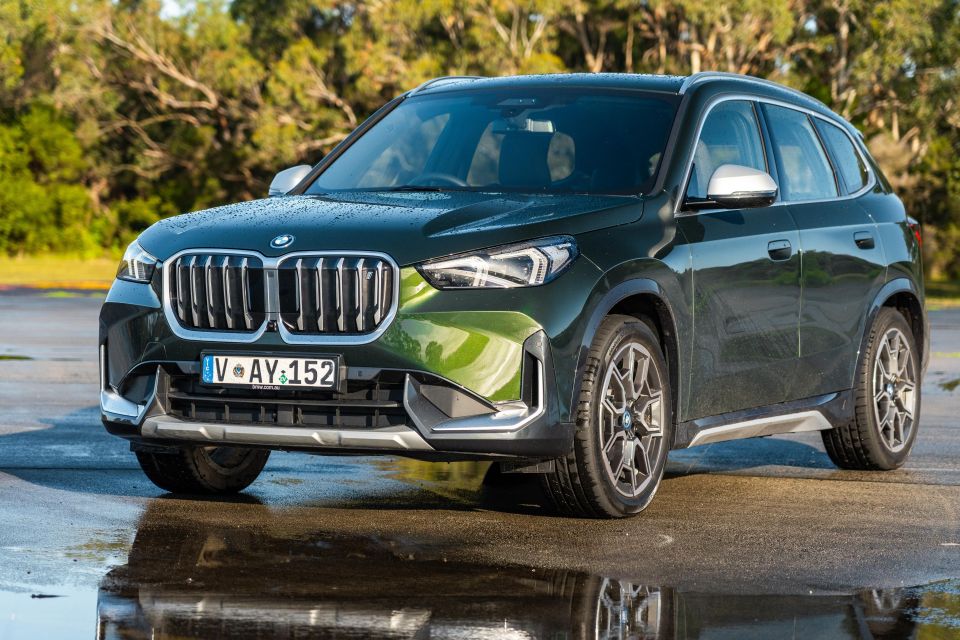
Its growing EV sales represented 13.9 per cent of the 594,671 vehicles sold across the three marques in the quarter, an increase of just 1.1 per cent year-on-year.
By comparison, German rival Mercedes-Benz posted an eight per cent decrease in its EV sales across the same period with 47,500 cars delivered, in line with the brand’s overall quarterly sales drop.
EV industry leader Tesla also reported an 8.5 per cent drop, the first time it failed to grow in a quarter since 2020.
According to Bloomberg, this year-on-year increase in the BMW Group’s EV sales could see the company’s battery-powered vehicles account for 20 per cent of its 2024 sales – another major milestone for the legacy manufacturer.
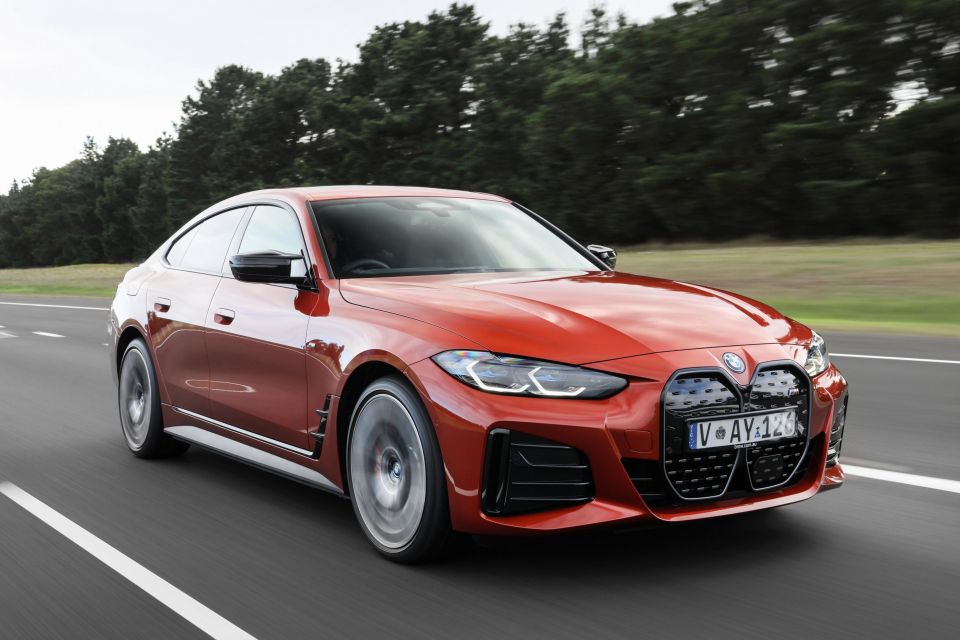
BMW noted the i4, iX3, iX1, iX and i7 EVs “were particularly in demand”, while also saying the electric i5 is “proving especially popular”.
In Australia, the opening three months of the year saw BMW sell 1423 EVs, with the iX1 (476 sales) and i4 (457 sales) cracking the top 10 among the battery-powered vehicle market.
Though certain regions such as Europe are due to ban the sale of new petrol and diesel cars by 2035, BMW hasn’t established its own timeline to go electric-only across its global lineup.
Last year, Frank Weber, member of the board of management for BMW Group development, detailed why the brand hadn’t yet committed to go all electric.
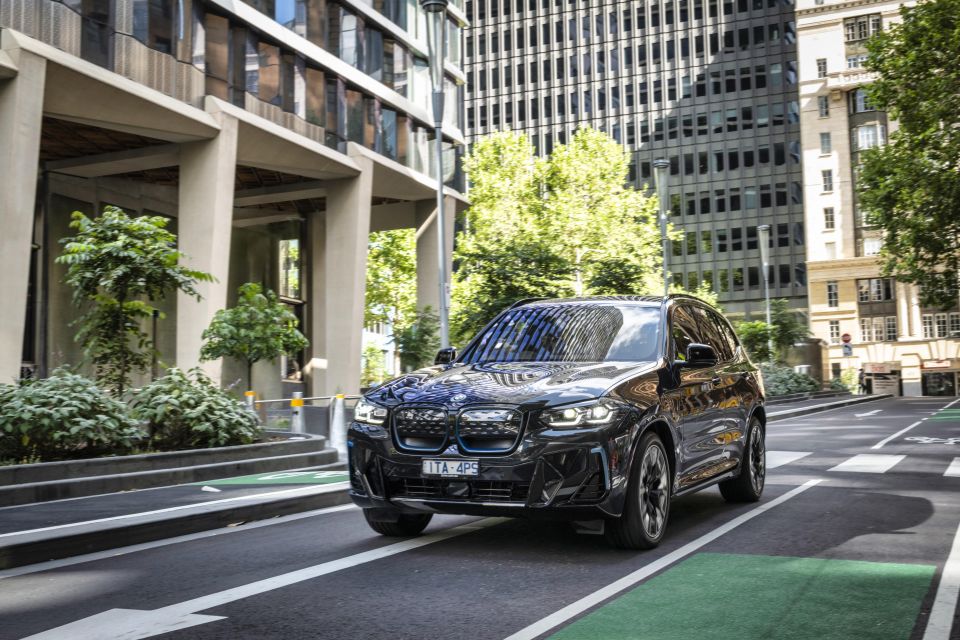
“Ask yourself, ‘What have I done for an economy that is 100 per cent BEV [battery electric vehicle] ready?,” Mr Weber said.
“This economy actually consists of four areas: green electricity sufficient for production, for cell manufacturing, for anything you can imagine, and certainly for driving those vehicles.
“It means green raw materials sufficiently available, whether it’s Europe, the US, China, wherever you are and wherever you are producing, it needs to be true green supply chains on those raw materials.
“Charging infrastructure is an obvious one – without this it won’t work. And the last thing is: if you’re not closing the material cycles with recycling, the system of a BEV won’t be sustainable.
“This is BEV economy. So what is clear to us? These are fundamental structural changes to our industry, and it’s sometimes funny in the discussions we have the impression this can be done overnight – it’s crazy!”
MORE: BMW – Going electric-only is ‘crazy’ without a sustainable economy MORE: BMW won’t ditch petrol and diesel as electric revolution takes hold
Go deeper on the cars in our Showroom, compare your options, or see what a great deal looks like with help from our New Car Specialists.
Born and raised in Canberra, Jordan has worked as a full-time automotive journalist since 2021, being one of the most-published automotive news writers in Australia before joining CarExpert in 2024.


Ben Zachariah
3 Hours Ago
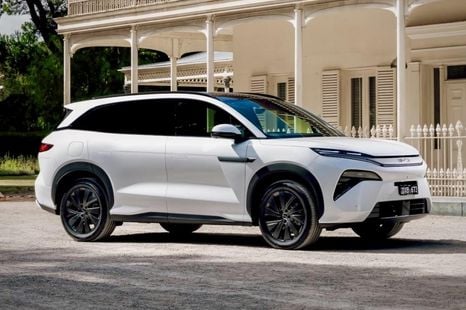

Ben Zachariah
3 Hours Ago
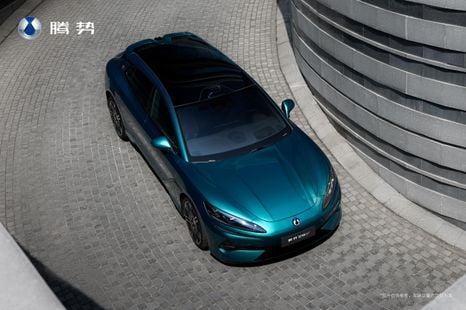

William Stopford
8 Hours Ago
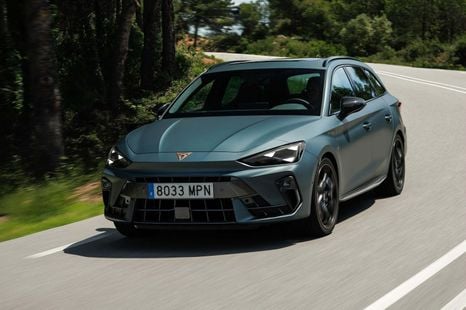

William Stopford
9 Hours Ago
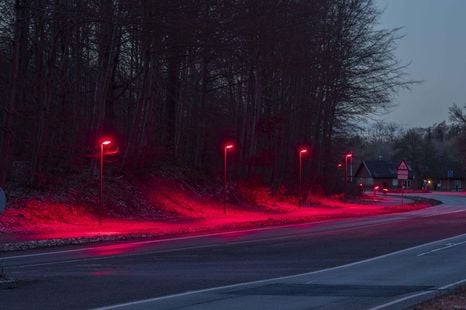

Damion Smy
12 Hours Ago
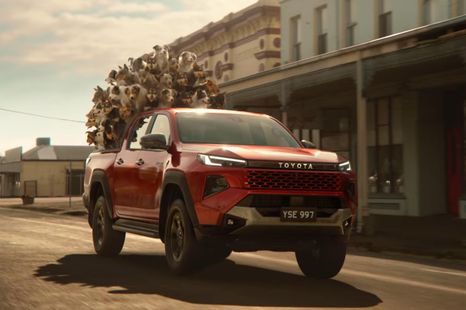

Damion Smy
13 Hours Ago
Add CarExpert as a Preferred Source on Google so your search results prioritise writing by actual experts, not AI.